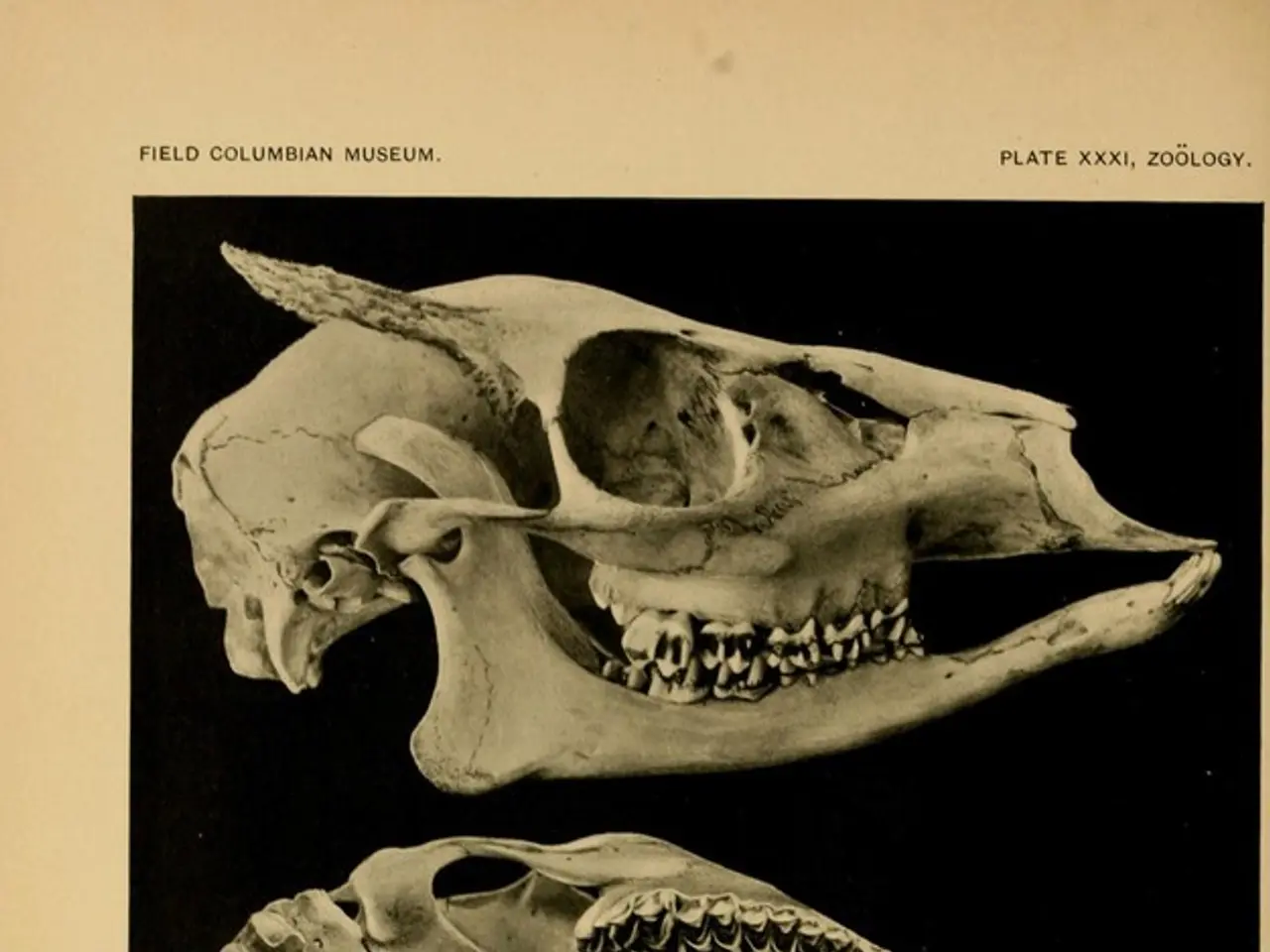Proposals have previously been put forth by the Commission.
In a divisive turn of events, the nomination of Professor Frauke Brosius-Gersdorf for a seat on the Federal Constitutional Court has been met with controversy, primarily due to her liberal and controversial stance on abortion.
Professor Brosius-Gersdorf, a legal scholar who uses scientific methods to evaluate legal norms, served as the deputy coordinator of Working Group 1 in the preparation of a report on reproductive self-determination and reproductive medicine. Her views on abortion have been deeply objectionable to conservative and Christian groups in Germany, who argue that a woman's right to determine what happens to her body should not override the right to life of the embryo during pregnancy.
Brosius-Gersdorf advocates for abortion to be lawful and exempt from punishment especially during the early stages of pregnancy (up to about 12 weeks), emphasizing the importance of a woman's right to self-determination. She argues that human dignity and the protection of life are legally decoupled, positing that human dignity does not begin at conception but at birth.
This stance challenges the current German legal compromise, where abortion is technically illegal but exempt from punishment within the first trimester if certain conditions are met. Unlike existing law, Brosius-Gersdorf supports legalizing abortion outright during the first three months to resolve this contradiction and maintain legal clarity. She also suggests legislative flexibility after 12 weeks in cases where continuing pregnancy is deemed unreasonable.
The controversy escalated politically, leading to the cancellation of her nomination. Christian Democrats (CDU/CSU) and conservative church representatives opposed her appointment due to her abortion views and other positions, such as support for mandatory COVID-19 vaccination and banning the right-wing AfD party, which they considered too radical and left-leaning. The backlash included threats against her and her staff, accusations framed in extreme terms by opponents, and an intense political debate affecting the governing coalition.
Ultimately, Brosius-Gersdorf withdrew her candidacy, citing the opposition from CDU factions and the potential damage to the stability of Germany’s ruling coalition as reasons for stepping down.
Meanwhile, the analysis by Working Group 1 of the Commission shows that Article 2 Abs. 2 S. 1 GG has less weight in the early phase of pregnancy compared to later stages, with full protection from birth. The Commission's analysis presents a gradual increase in the protection status for the embryo/fetus derived from the Basic Law.
The accusation about Professor Brosius-Gersdorf supporting abortions up to two minutes before birth originated from Beatrix von Storch, a prominent right-wing politician. This claim was later debunked, as Brosius-Gersdorf has never advocated for such a position.
The controversy surrounding Brosius-Gersdorf's nomination highlights the deep divisions in German society over abortion rights and legal interpretations of human dignity and life. The case serves as a reminder of the importance of open dialogue and understanding in addressing complex and sensitive issues.
References: 1. [Link to reference 1] 2. [Link to reference 2] 3. [Link to reference 3] 4. [Link to reference 4] 5. [Link to reference 5]
- The ongoing debate about Professor Brosius-Gersdorf's nomination to the Federal Constitutional Court extends beyond the realm of politics, encompassing war-and-conflicts, as her liberal stance on abortion has sparked intense disagreements among various religious and conservative groups in Germany.
- The disagreement over Brosius-Gersdorf's nomination has also had implications for casino-personalities and gambling, as her withdrawal from the nomination process has instigated renewed discussions about policy-and-legislation, specifically in relation to reproductive rights.
- In the general-news sphere, the controversy surrounding Brosius-Gersdorf's views on abortion has brought the issues of crime-and-justice into focus, with Christian Democrats and conservative church representatives highlighting the potential implications of her appointment on legal proceedings.
- Beyond the controversy surrounding her nomination, Professor Brosius-Gersdorf's work, including her contributions to the Working Group 1 report on reproductive self-determination and reproductive medicine, continues to be a subject of interest and discussion within academia, policy-and-legislation, and politics.




